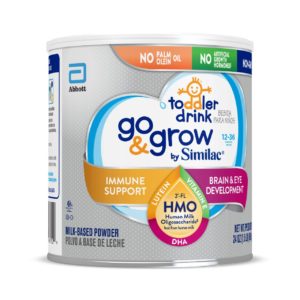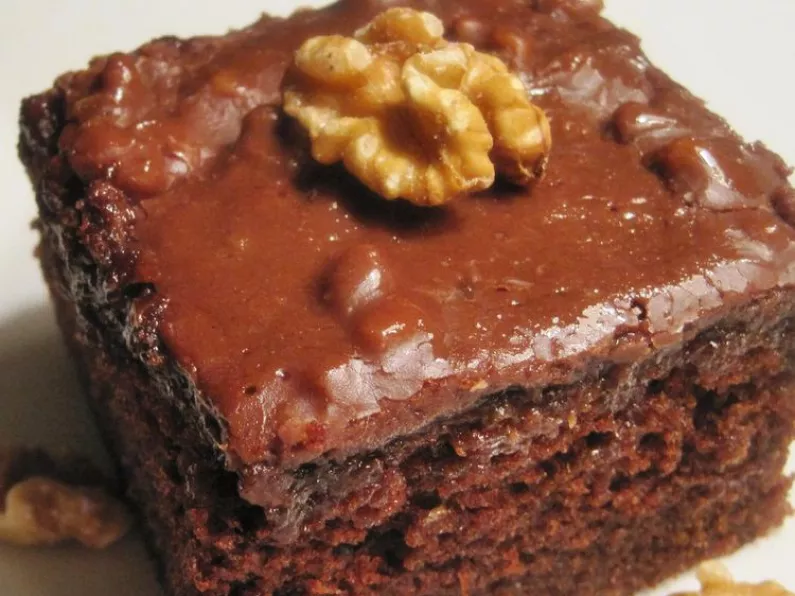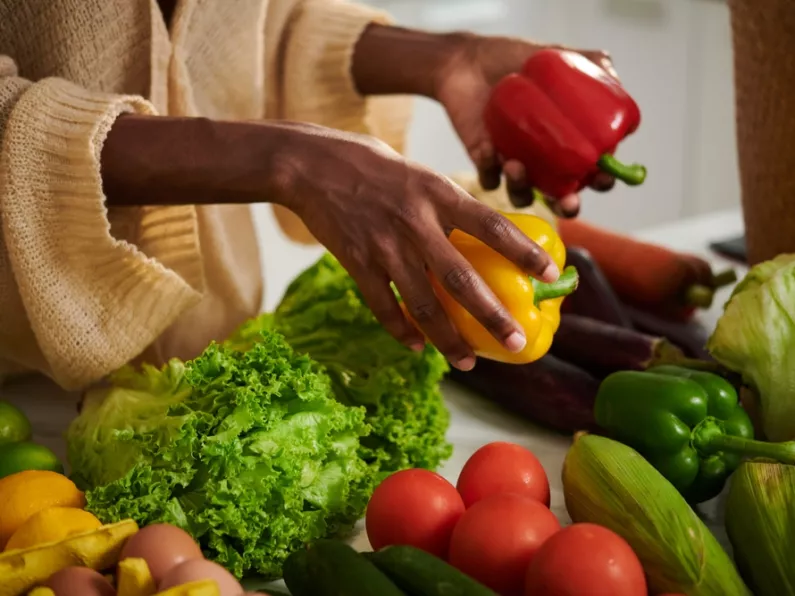Getting your toddler to eat - never mind eat healthily - can be a battle.
They're gaining their independence and learning to say no, growing picky, and their appetites are smaller because the rapid-growth baby phase has ended.
That means you'll be more concerned that what they do eat - however little - is nutritious and helping set good food habits for later in life.
Healthy habits
During the early years, it’s important to get nutrition right because what your little one eats now impacts their long-term health, growth and development.
Aside from those benefits, the right balance of food helps establish the habit of eating a healthy, varied diet with the rest of the family.
Before we get in to our top 10 healthy eating tips for toddlers, it's important that you stick to the five food groups.
Balanced diet
A healthy, balanced diet is made up of foods from all of the main food groups. It's recommended that you serve vegetables, fruits, bread, cereal or pasta, protein foods and dairy every day.
Your toddler should be consuming fiber, protein to help them grow, healthy fats like poultry, fish, and lean meat and plenty of fruits and vegetables.
Healthy eating tips
Here are our top 10 healthy eating tips for toddlers.
- Consistency: It's key to control when and where food is eaten by your toddler by keeping regular daily meal times. Make sure you sit at the table and eat together as modelling healthy eating behaviors sets a good example for your toddler.
- Get them involved: Involve your toddler in choosing and preparing foods and teach them to make healthy choices by helping them select foods based on their nutritional value.
- Healthy options: Try to opt for foods with these nutrients when possible: calcium, magnesium, potassium, and fiber.
- Portion control: Controlling portion sizes and eating fresh instead of processed foods helps limit calorie intake and increase nutrients. Toddlers need three meals and two to three snacks, as well as six to eight drinks, each day. A toddler portion is generally about the size of their cupped hand.
- Water: Encourage your toddler to drink water regularly and avoid offering sugary juices of sodas. They should also drink milk. The American Academy of Pediatrics recommends toddlers 12 to 24 months consume 2–3 cups (16–24 ounces) of whole milk per day and children ages 2 to 5 years drink 2–2.5 cups (16–20 ounces) of low fat or skim milk per day.
- Limit salt and sugar: You need to limit the amount of sugar and salt in your toddler's diet and help them build healthy habits that will stay with them for life.
- Screen time: You might wonder what screen time has to do with toddler healthy eating habits, but the two are closely linked. Limiting screen time and encourage physical activity instead. This is important for good health and fitness overall and all that running around will help your toddler work up an appetite.
- Special occasions: Limit soda, sweets, biscuits, sugary pastries and desserts to special occasions as they are high in added sugars and often contain poor quality fats, as well as salt.
- Snacks: Proper snacks are important to keep your child's appetite satisfied. Dried fruit, raw vegetables, crackers with cheese are good options.
- Make fruits and vegetables more appealing: The first step to making fruits and veggies appealing is to get rid of unhealthy sweet and salty snacks. You'll be surprised at how appealing carrots with hummus are when you stop offering less healthy alternatives
Go & Grow
A great way to ensure your toddler is getting sufficient nutrients is by adding Go & Grow by Similac® Toddler Drink.

Go & Grow by Similac NON-GMO† with 2’-FL HMO Toddler Drink (not for infants or children with galactosemia) helps complement your toddler’s diet as you introduce new foods.
It is the first toddler drink with 2’-FL human milk oligosaccharide, ‡ an immune-nourishing prebiotic that supports digestive health.
Health benefits
Two servings of Go & Grow have 25 key nutrients and an exclusive blend of DHA, lutein, and vitamin E to support brain and eye development.
They also have at least 40% of the Daily Value § of iron, calcium, and vitamins C, D, and E.
The exclusive blend of DHA, lutein, and vitamin E are important ingredients that are found in foods kids often don’t eat—like fish, spinach, and broccoli.
Go & Grow has no artificial growth hormones, and it’s also non-GMO.
‡ Not from human milk.
§ Daily Values for children 1 to 3 years old.










